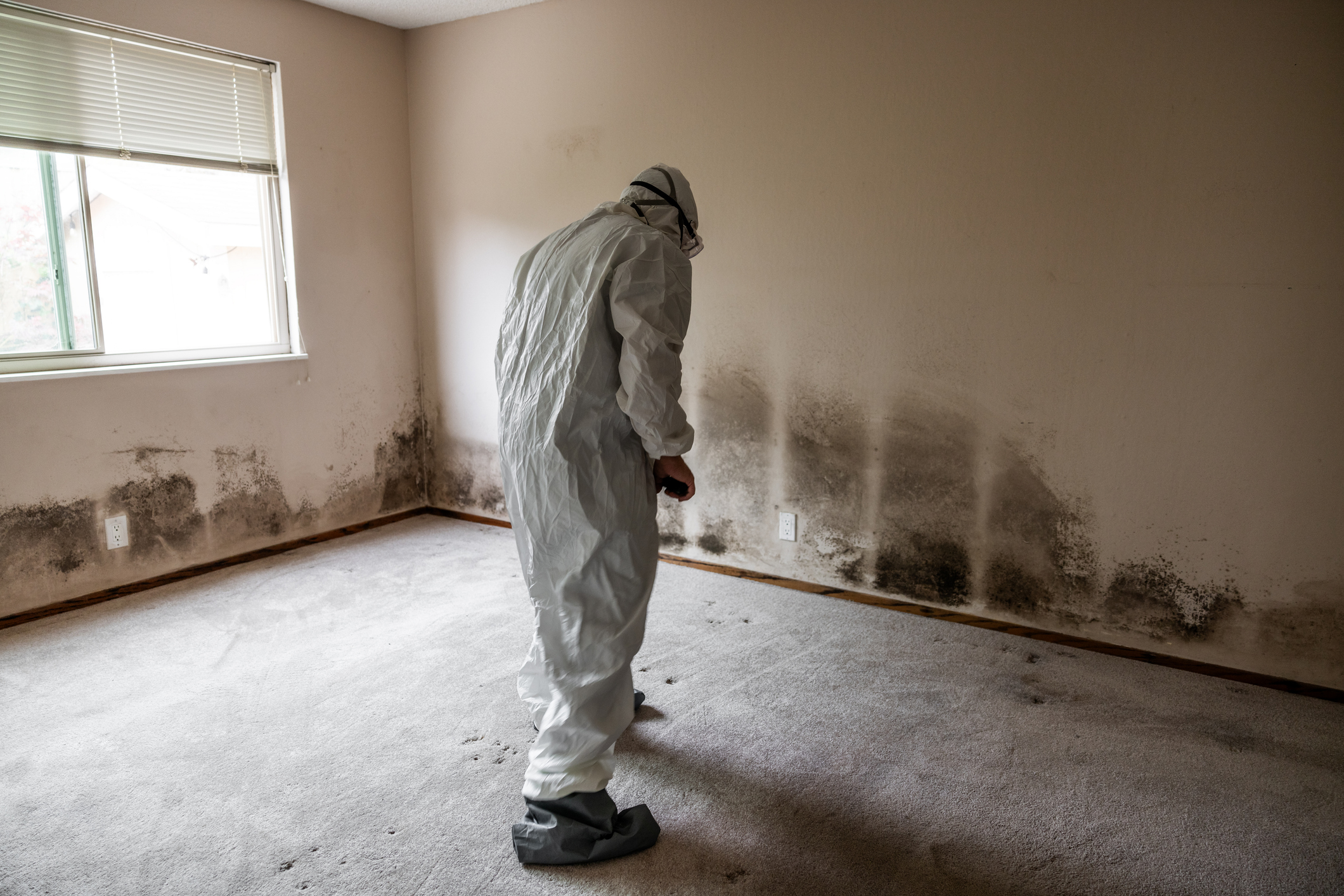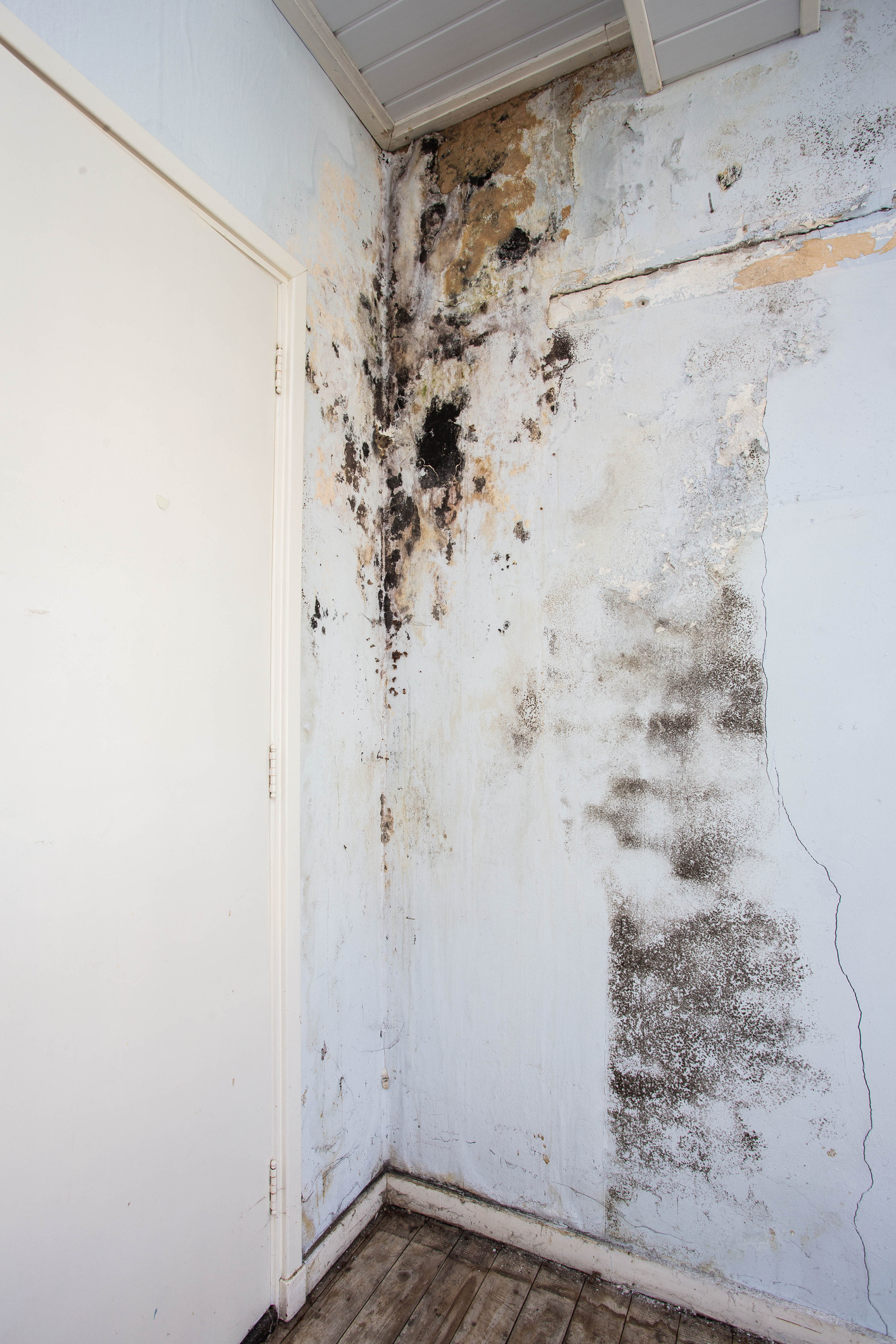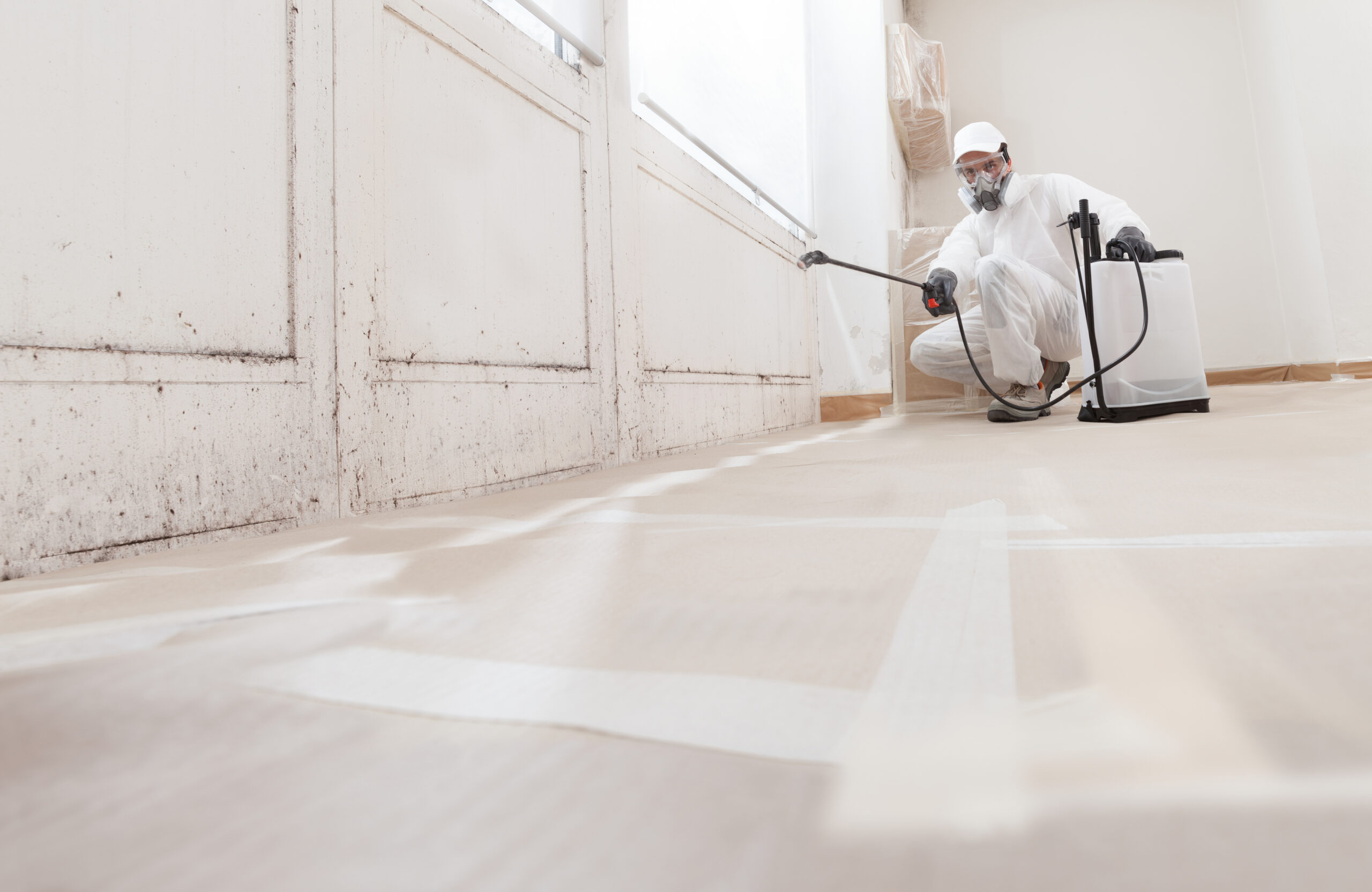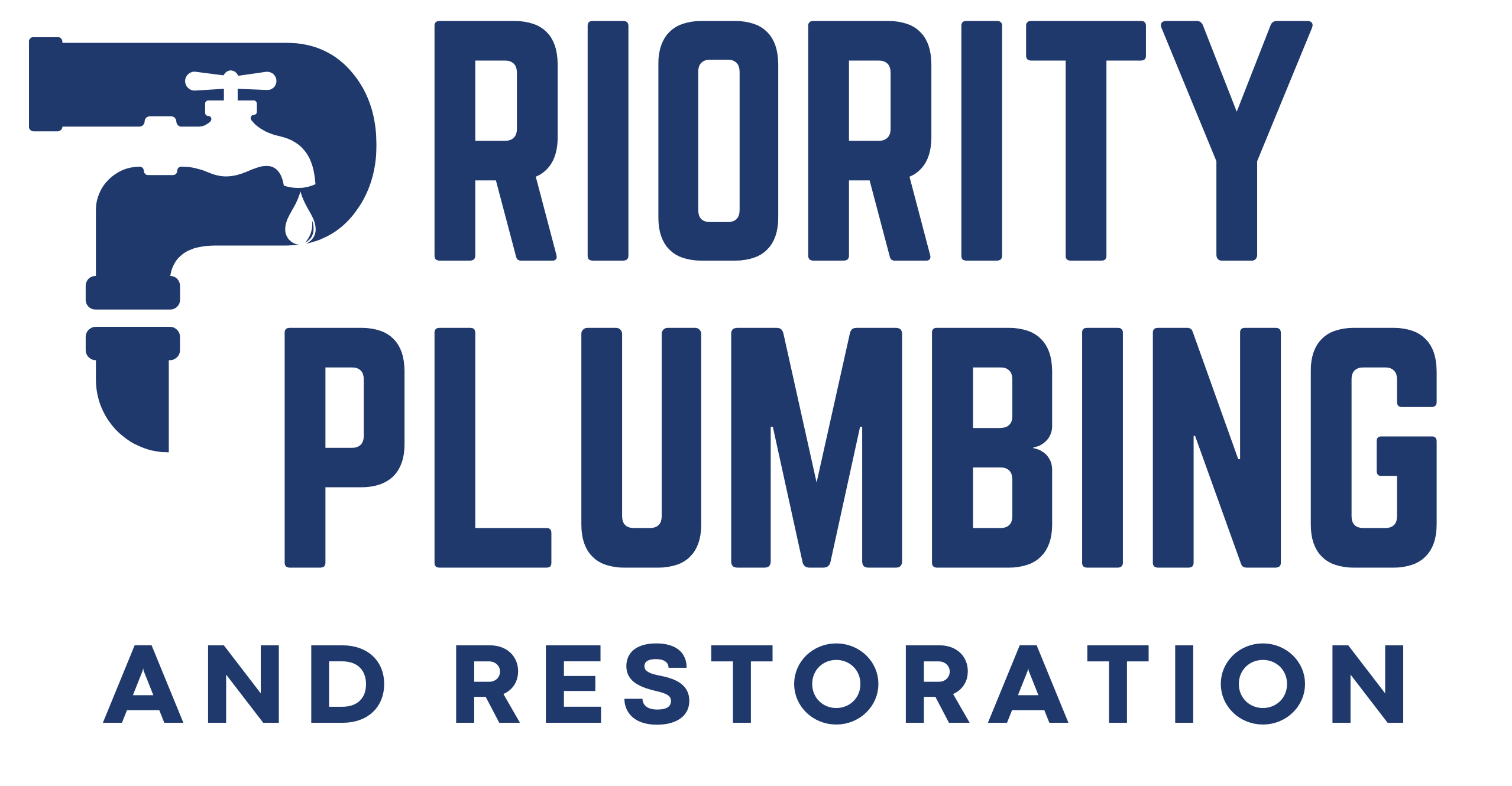Need Help !
24/7 Plumbing & Restoration Help Nationwide
Don’t wait on leaks, floods, or backups. Whether it’s a small repair or a major disaster, ASAP Plumbing and Restoration has local teams ready to respond—day or night.
Mold is more than just an unsightly problem — it can impact your health, damage your home, and lower your property’s value. While some mold growth is visible, many infestations remain hidden behind walls, under flooring, or inside HVAC systems.
That’s why mold inspections are an important part of home maintenance. But when exactly should you schedule one?

1. After Water Damage
If your home has experienced flooding, a burst pipe, or a roof leak, mold can begin to grow within 24 to 48 hours in damp areas. Even if surfaces appear dry, moisture can still be trapped inside walls or flooring.
- A professional mold inspection can detect hidden growth early and help prevent a larger, more expensive problem.
For more on mold cleanup after water damage, read our article: How to Clean Up Mold from Water Damage
2. Before Buying or Selling a Home
A mold inspection is an important step in the real estate process. Buyers want to ensure they’re investing in a safe, healthy property, and sellers can benefit from resolving any mold issues before listing.
- Catching and addressing mold before closing can prevent costly negotiations and give everyone peace of mind.
3. When You Notice Musty Odors
That “musty” smell often associated with basements or attics is usually a sign of mold or mildew. If you detect a persistent odor that doesn’t go away with cleaning or ventilation, it’s time to investigate further.
A thorough inspection can pinpoint the source and help you take the right steps toward mold remediation.
4. If You See Visible Growth
Any visible mold — no matter how small — should be taken seriously. Mold can spread quickly, and what you see is often just the tip of the iceberg.
Here’s what to look for:
- Black, Green, White, or Orange Spots (on walls, ceilings, floors, or furniture)
- Fuzzy or Slimy Textures (on surfaces, especially in damp areas)
- Discoloration or Staining (on drywall, wood, or fabrics)
- Warped, Bulging, or Bubbling Paint/Wallpaper (caused by trapped moisture)
- Clusters of Tiny Specks (that gradually spread into larger patches)
- Mold Growth on Caulking or Grout (around tubs, showers, and sinks)
- Mildew-like Growth on Fabrics or Upholstery (in humid areas)
Remember to check HVAC vents and air ducts — places where mold growth isn’t as easily detectable.
- A professional inspection can determine the extent of the growth and whether it has spread to hidden areas.
5. After Unexplained Health Symptoms
Mold exposure can cause symptoms such as:
- Coughing
- Sneezing
- Watery Eyes
- Headaches
- Skin Irritation
In people with asthma, allergies, or compromised immune systems, symptoms may be more severe. If these symptoms improve when you’re away from home, mold could be the cause.
- A thorough inspection can confirm whether your indoor environment is contributing to health issues.
6. When Moving Into a Long-Vacant Property
Homes that have been empty for months or years are more likely to have undetected leaks, humidity problems, or poor ventilation — all of which encourage mold growth.
- Before moving in, a mold inspection can ensure the property is safe and healthy.
Why a Professional Inspection Matters

While DIY mold test kits are available, they often provide incomplete or misleading results. At Priority Plumbing and Restoration, we use specialized tools such as moisture meters, infrared cameras, and air quality testing to identify both visible and hidden mold. They can also recommend the most effective remediation strategies to prevent future growth.
Bottom Line
If you’ve had water damage, notice strange odors, see visible mold, experience unexplained health symptoms, or are buying/selling a home, it’s time to schedule a mold inspection. Acting quickly can save you money, protect your property, and keep your family healthy.
Contact us today to ensure the safety of your home’s air quality!
Key Takeaways
- Schedule a mold inspection after water damage, when buying or selling a home, or if you notice musty odors or visible growth.
- Mold can hide behind walls, under flooring, and inside HVAC systems, so professional inspections are more reliable than DIY tests.
- Early detection can save you money on repairs, protect your property’s value, and safeguard your family’s health.
- Acting quickly is essential—mold can spread within 24–48 hours in the right conditions.


